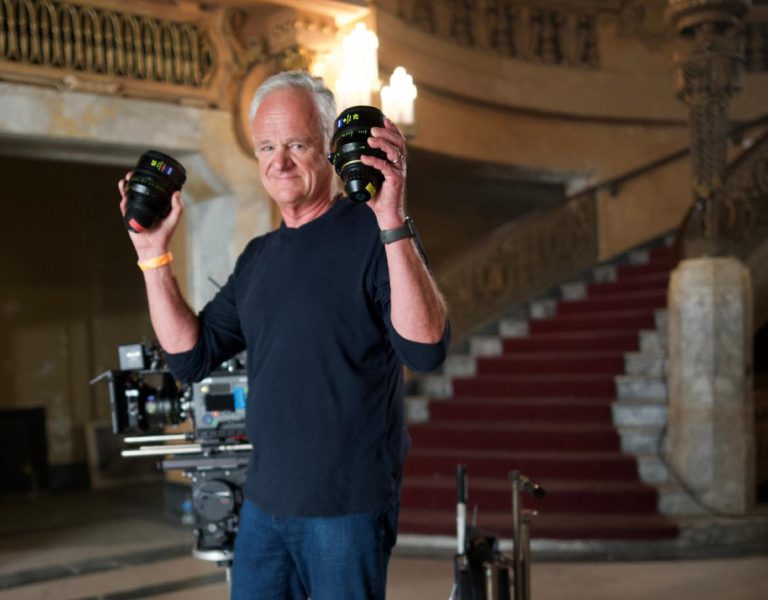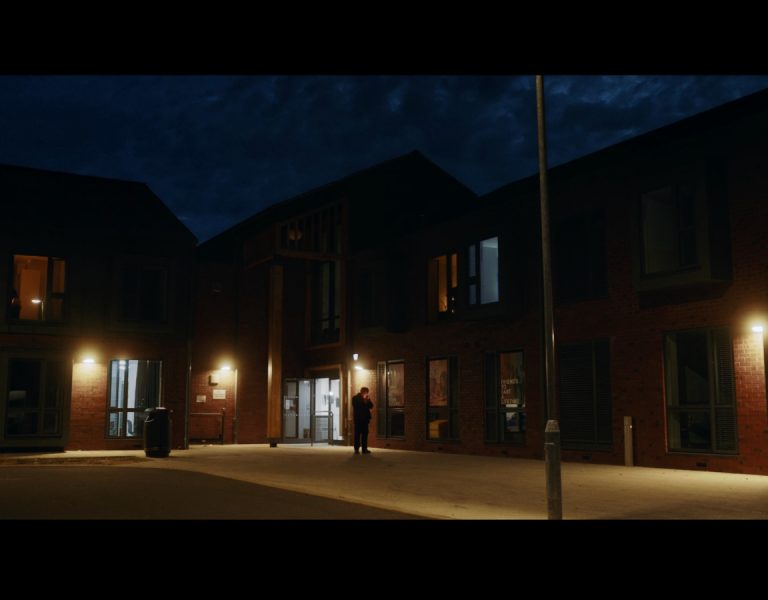The UK’s creative industries are not just a cultural powerhouse, but a pillar of national prosperity. They tell the stories that inform and engage us, and shape our lives in a thousand different ways. But they also contribute £125 bn to the economy, employ over two million people and spur innovation across the economy as a whole.
The previous government saw the creative industries as one of the UK’s five ‘high growth sectors’. As this government’s first budget approaches, we welcome the inclusion of the creative economy in the recent industrial strategy green paper. In an era of continual digital disruption, this means investing in creative industries research, development and innovation to ensure our creative economy remains vibrant and relevant.
The Welsh creative cluster: a model for research, development and innovation
The creative industries have been a relative newcomer to the world of R&D, but recent initiatives – such as the Creative Industries Cluster Programme – have shown it can reap significant dividends. The Welsh part of that programme – Clwstwr – contributed to more than £20m of additional turnover and more than 400 additional jobs in the Welsh creative industries.
Media Cymru – the biggest and most comprehensive UK’s Research and Innovation (UKRI) programme for the creative industries – has built on this success to develop a model for supporting creative industries research, innovation and innovation. Media Cymru is a 22-partner strategic investment programme and consortium of Welsh media, tech, academic and local partners, a £50m initiative designed to turn Cardiff Capital Region into a global hub for media innovation.
But this is not innovation at any price. We need new forms of storytelling, new ways of working and new technologies to support a creative economy that promotes wellbeing; a creative sector that is fairer, greener and more inclusive. Our goal is to build a prosperous creative economy that has wit, heart and soul. Media Cymru embodies this thinking, focusing on economic, social and cultural values, and supporting fair, green global economic growth.
What’s possible with the right support?
This investment is already paying off. Data from the Centre for the Creative Economy shows that Cardiff saw its media turnover grow by a huge 55% from 2021 to 2023, outpacing every other UK city. The Cardiff Capital Region now has more studio space than anywhere in the UK outside greater London, producing a slew of TV titles including Dr Who, Sherlock, His Dark Materials, Hinterland, Lost Boys and Fairies, alongside TV staples from Casualty to Only Connect. It’s also the UK’s centre for bilingual production, spearheaded by S4C and BBC Wales.
Is money enough to make this a reality?
Investment is vital. The creative sector is dominated by small independent companies with little access to R&D budgets or resources. Financial support provides creatives with time to collaborate and work through their ideas to drive innovation. But it’s not just about the money.
In Wales, Media Cymru has built an active ecosystem that supports and nurtures companies. Production companies and creative freelancers, the backbone of the creative economy, are supported with the tools and know-how to conduct successful R&D. This includes training in user-centred design and bespoke business support as well as access to a valuable network of potential collaborators. Our R&D process also supports innovation in areas like virtual production or global formats – producing, for example, a cohort of sustainability co-ordinators to make the Welsh film and TV sector greener.
How can this kind of investment be justified in a time of national deficits?
The Government has committed to driving economic growth, and investing in research, development and innovation has long been recognised as the best route to achieve this. We need to see the creative economy as a key part of this investment. Our creative economy generates more value to the British economy than the aerospace, life sciences and automotive industries combined. For every £1 spent on R&D in the creative industries, £4 of value is added to the economy. Each £9,000 of additional spending creates a new full-time job.
This means investing in digital infrastructure, but also in innovation ecosystems – in people as well as technology. We need a comprehensive, 10-year strategic plan to secure a future where the creative industries can truly thrive. The sector’s potential to reshape the UK’s economy is enormous, but only if we invest boldly and confidently in its future.
Professor Justin Lewis is co-director of Media Cymru and director of the Centre for Creative Economy, Cardiff University.










